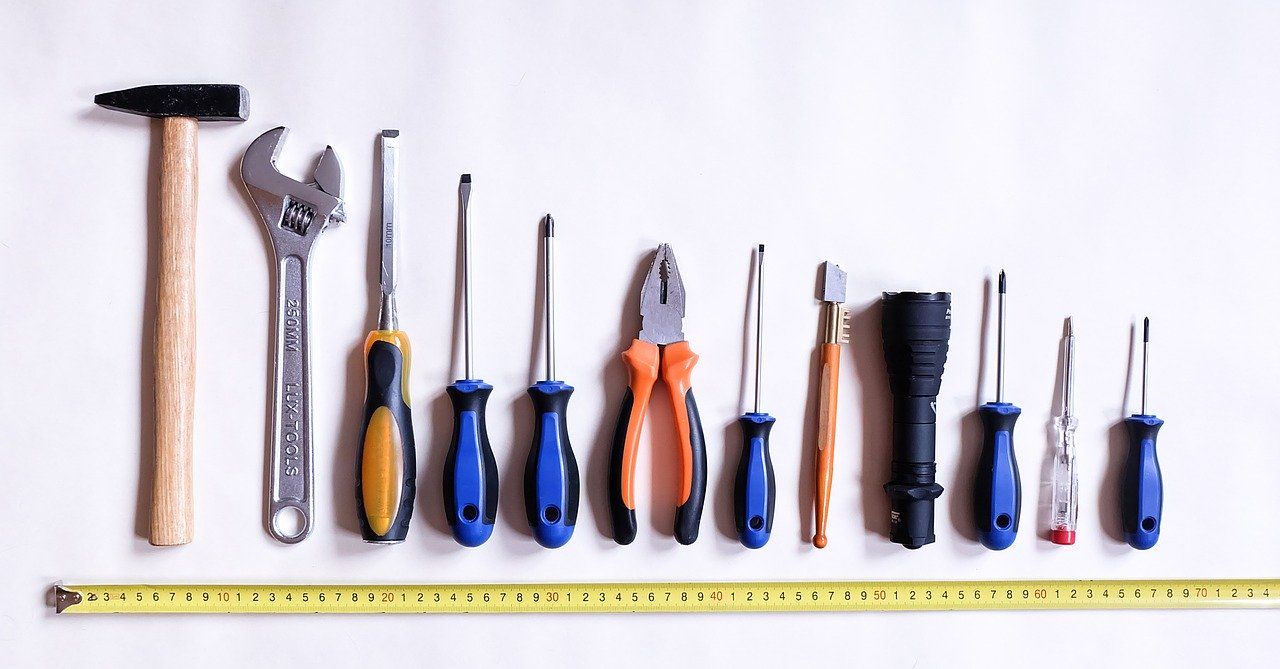
Startups provide their technologies tu support the fight against the COVID-19. Helio will make its virtual supercomputer free of charge for researchers working on computing-intensive applications. Insphero is offering its 3D Liver models to enable testing new medications safely. Sophia Genetics helps to increase the number of dignostic tests while Uepaa wants to help minimise the rapid spread by using proximity technology to track infected persons and those who in contact with them.
The world is battling against the Coronavirus as different players from medical workers to government members struggle to understand the virus and develop an immunization program for it, or to find the appropriate medication to treat patients affected by the COVID-19. Another challenge is the failure to stop the rapid spread of the coronavirus mainly due to the inability to identify and segregate infected persons and those that came in contact with them.
Swiss startups have developed and tested their solutions that could support in addressing impediments associated with the current health crisis. The following technologies could, therefore, be deployed instantly.
Helio - compute delivery network
Researchers around the world are racing towards understanding the virus and developing an immunization program for it. What in earlier days would have been done with hundreds of manual experiments in laboratories, is now often done with the aid of computers. Testing billions of combinations of substances and simulating the response of the virus to them, requires an incredible amount of computing resources, especially when it needs to go fast.
Helio, a small technology startup from Switzerland, already connects a network of individual data centers in order to perform computing tasks, such as rendering of 3D films & animations or simulating physical phenomena. In an effort to support researchers across Europe and the world to get access to the computing capabilities they need, Helio will open its entire compute infrastructure free of charge to anyone working on COVID-19 and related research or applications.
In parallel Helio is working on connecting more and more data centers across Europe. Operators such as Syseleven in Berlin and OpsOne in Zurich have already started connecting their infrastructure to Helio and make their spare capacity available. Data centers across Europe that would like to contribute capacity to this effort are asked to reach out to Helio via their website.
Insphero - safety testing of COVID-19 vaccines
Insphero is a pioneer of 3D cell-based assay solutions and scaffold-free 3D organ-on-a-chip technology applicable in human drug discovery and safety testing. The startup is offering its 3D InSight Human Liver models to allow organisations (academic, governmental or industrial) to safely test for exploratory COVID-19 medications and coronavirus (SARS-COV-2) vaccine formulations. New therapeutic modalities, such as RNA based vaccines are not always suitable for classical safety testing, which typically includes translational testing using animal models.
SOPHiA Genetics - scaling accurate diagnoses
SOPHiA GENETICS extends its partnership with Paragon Genomics. The combined solution provides a significant increase in the throughput of available COVID-19 diagnostic tests by complementing current PCR-based approaches, a higher analytical quality notably linked to higher sensitivity, and the ability to longitudinally track the evolution of the virus over time at a whole-genome level. This will enable the acceleration of accurate diagnosis capabilities, and support global epidemiology efforts as the disease progresses as well as biopharma partners to accelerate the development of candidate vaccines and anti-viral therapeutic approaches.
Uepaa – tracking down potentially infected persons
Until now, it has been challenging to identify Patient-0 and tracking down the individuals that had contact with the infected person. Existing mechanisms such as GPS and apps which are already in use in some countries are inaccurate and cannot pinpoint potential victims of COVID-19.
Uepaa’s wireless P2P communication technology platform uses proximity technology to identify who, when and for how long an individual had contact with a COVID-19 patient. Compared to GPS data, using proximity has proven to be more effective and efficient since it allows for identifying and tracking people even after 48 hours but also notifying potential. Thanks to the accuracy of the technology, the positively tested patient can also alert anyone that was within their proximity of two meters for 15 minutes by the push of a button. Employers can, therefore, deploy the technology to protect their workers.
(RAN / SK)
Picture: Maria Domnina / Pixabay























































Please login or sign up to comment.
Commenting guidelines